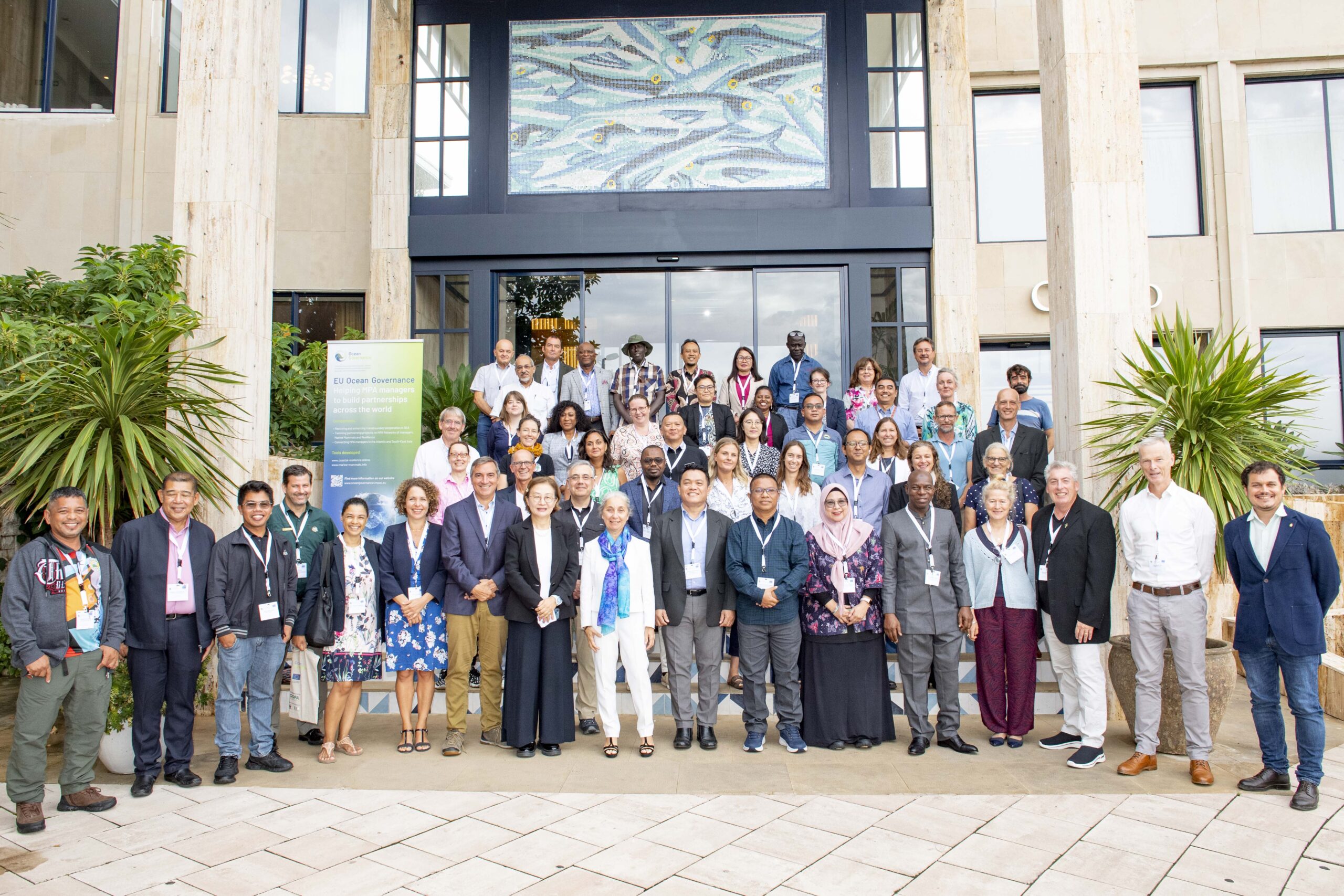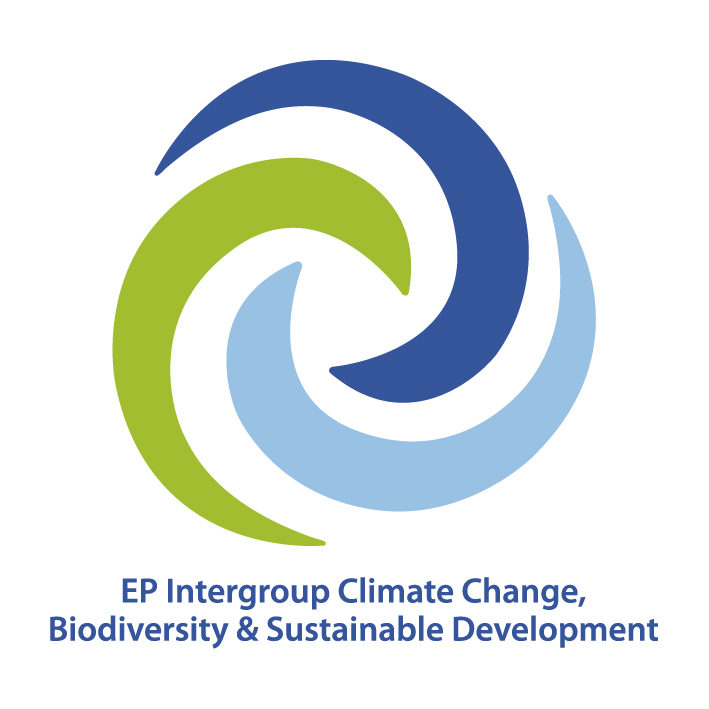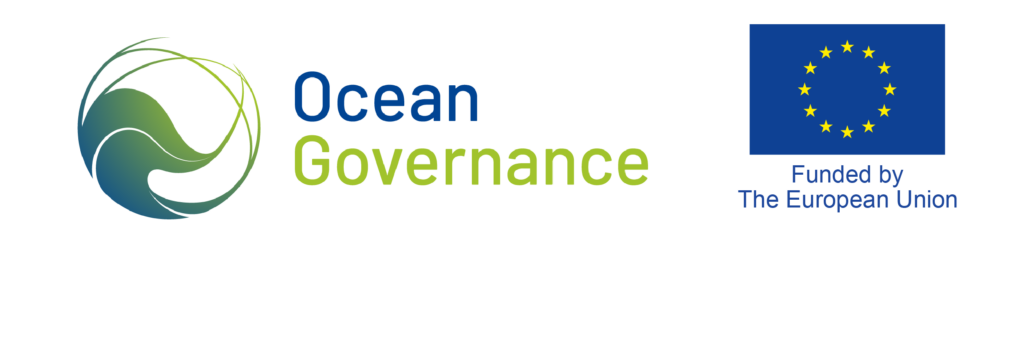
Hybrid Event: Global network of MPAs to support ocean governance
Tuesday 7th November 2023, 14:15 – 16:00 CET
European Parliament (Room ASP 1E1)
Co-hosted by MEP Stéphane Bijoux,
Co-Chair of the ‘Islands and Overseas Entities’ Working Group of the
European Parliament Intergroup on ‘Climate Change, Biodiversity and Sustainable Development’
and MEP Catherine Chabaud
Co-Chair of the ‘Ocean Governance’ Working Group of the
European Parliament Intergroup on ‘Climate Change, Biodiversity and Sustainable Development’
According to the latest assessment (Protected planet 2020), the past decade has seen substantial gains in protected areas coverage. The greatest growth over the 10-year period has been in marine and coastal areas, where 68% of the protected areas is less than ten years old. Further efforts are however still needed to ensure that all areas of importance for biodiversity and ecosystem services are conserved: 33.9% of marine Key Biodiversity Areas remains outside protected areas coverage.
The Global Biodiversity Framework and the EU 2030 Biodiversity strategy provide a real opportunity to ensure that future efforts take into account both the quantity and quality of protected and conserved areas in equal measure. In this regard, the networks of MPA managers are key. The best available scientific information confirms indeed that, to protect biodiversity and manage resources, well managed and representative MPA networks across seas and oceans are critical.
Regional MPA networks are very diverse in terms of the area covered as well as in terms of the governance models. Examples include the Locally Managed Marine Area (LMMA) network in the Pacific, the Western Indian Ocean Marine Protected Areas Management Network (WIOMPAN), the Mediterranean Protected Area Network (MedPAN), the West Africa MPA Network (RAMPAO), the North American MPA Network (NAMPAN), the North East Asia MPA Network (NEAMPAN), the Gulf of Mexico Network (Red Golfo); networks in the framework of regional seas conventions such as OSPAR, HELCOM or the Caribbean MPA Managers Network (CaMPAM); or others networks developed as working groups under larger regional structures such as Redparques or the Patagonian Forum.
Despite their importance, today, there is no global initiative that brings together all the MPA networks. This situation is preventing to scale-up their valuable services of knowledge, know-how sharing, and is hindering to further enhance ecological connectivity and to mobilise a resourceful community of practice. The need for a global network becomes particularly acute with the adoption of the Treaty on Biodiversity beyond National Jurisdiction that would highly benefit from the experience of such a global community of practice of the different MPA networks and their strong multiple-decade experience. A continuum and good synergy of efforts are of outmost importance to support marine conservation efforts in the high seas, in encompassing the seascapes, joining and catalysing efforts to tackle common challenges, for instance migratory species and climate change.
MPAs social networks facilitate the sharing of experiences, challenges and successes amongst practitioners and countries and there is a need to further enable such exchanges between regions. Networks of MPA managers, at national, sub-regional and regional levels, provide a framework for an individual MPA to coordinate with others to share experiences, tools, and methods and to enhance efforts in managing their respective MPAs. They share a common language, and encourage harmonization and coherence by offering knowledge development and capitalization tools. Networks support effective governance of oceans as they build “MPA community” by connecting managers, management authorities, local stakeholders as well as scientists and donors towards a similar overall goal. Networks of managers also contribute to improve MPA-related policies and other sectoral policies at national and international level as they make the link between experiences on the ground (and in the sea) and decision-making processes.
Because better ocean governance can only be achieved through consolidated international cooperation and partnerships, this event is aiming at sharing the valuable insights and results of the European Ocean Governance project and discussing the EU marine ambition with the idea of a One Blue Belt bolstering international cooperation between MPA networks across the globe.
More information available at: https://oceangovernance4mpas.eu/
DRAFT AGENDA:
- 14:15 – 14:20: Opening remarks by MEP Stéphane Bijoux
- 14:20 – 14:35: Keynote interventions by:
- Ambassador Olivier Poivre d’Arvor, Special Envoy of the President of the French Republic for the UN Ocean Conference France 2025
- Celine Idil, Director for International Ocean Governance and Sustainable Fisheries (Dir. B), DG MARE, European Commission
- 14:35 – 15:05: Achievement and insights of the EU Ocean Governance project, with the participation of:
- Eva Raute, Managing Director of GOPA, Leading company for the EU Ocean Goverance Project
- Purificació Canals, Team Leader and Technical Coordinator EU Ocean Governance Project and President of MedPAN
- Carole Martinez, Policy Manager of MedPAN
- Forum for the Conservation of the Patagonian Sea and Areas of Influence (tbc)
- 15h:05 – 15h35: Coordinating protection networks of MPAs as key allies, with the participation of:
- Jihyun Lee, Director of Science, Society and Sustainable Futures Division, Secretariat of the Convention on Biological Diversity / UNEP
- DG ENV, (tbc)
- 15:45 – 15:55: Q&A discussion with the audience
- 15:55 – 16:00: Closing remarks by MEP Catherine Chabaud


